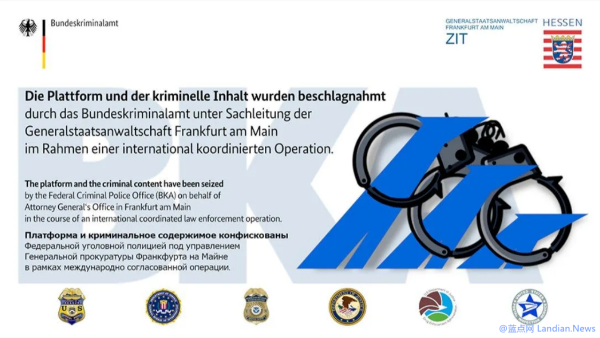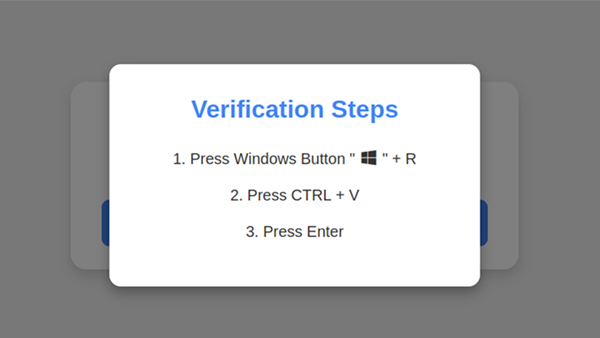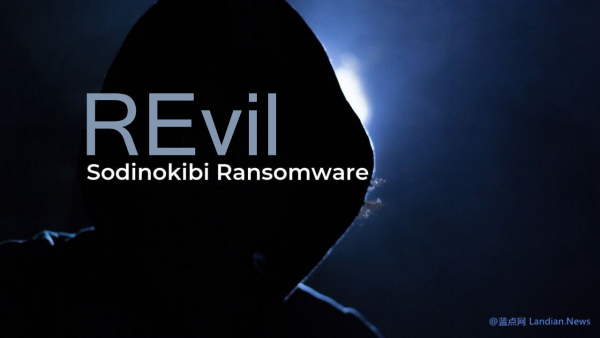Internet Archive and Wayback Machine, Storing Over 866 Billion Web Pages, Still Under DDoS Attack
The Internet Archive, a well-known charitable project, has been experiencing a DDoS (Distributed Denial of Service) attack from an unknown source, as reported by Blue Dot Web yesterday. This attack has led to disruptions in the services offered by the Internet Archive, such as difficulties in loading certain features.
The Wayback Machine, part of the Internet Archive, holds over 866 billion web pages and snapshots. Due to the server attacks, its operation has also become unstable.
Today, Chris Freeland, the Director of Services at the Internet Archive, revealed in a blog post that the DDoS attacks are still ongoing. The attackers are using a botnet to send a massive amount of abnormal requests to the servers, aiming to block them. Without manual intervention, the Internet Archive's accessibility could be completely paralyzed.
The attack began last Sunday (Monday local time due to time zone differences), and today marks the third day with no signs of stopping. Brewster Kahle, a digital librarian at the Internet Archive, mentioned that the attack is persistent, far-reaching, targeted, adaptable, and particularly vicious.
Given the scale of the site, the Internet Archive uses a significant number of servers to support access from users worldwide. Although the impact of the attacks has been mitigated through technical countermeasures, as long as the attacks continue, they will affect the Internet Archive.
However, sustaining large-scale DDoS attacks also comes at a cost for the attackers. The fact that the attacks have continued for three days indicates that this is not the work of amateurs using the Internet Archive for practice, as the costs would be prohibitively high.
It's important to note that this attack is primarily a DDoS, and all data stored by the Internet Archive remains secure. There seems to be no attempt by the hackers to infiltrate the servers to steal or delete data. However, the DDoS attacks may just be a way to weary the administrators in the initial phase, and it's unclear if there will be further malicious actions.










